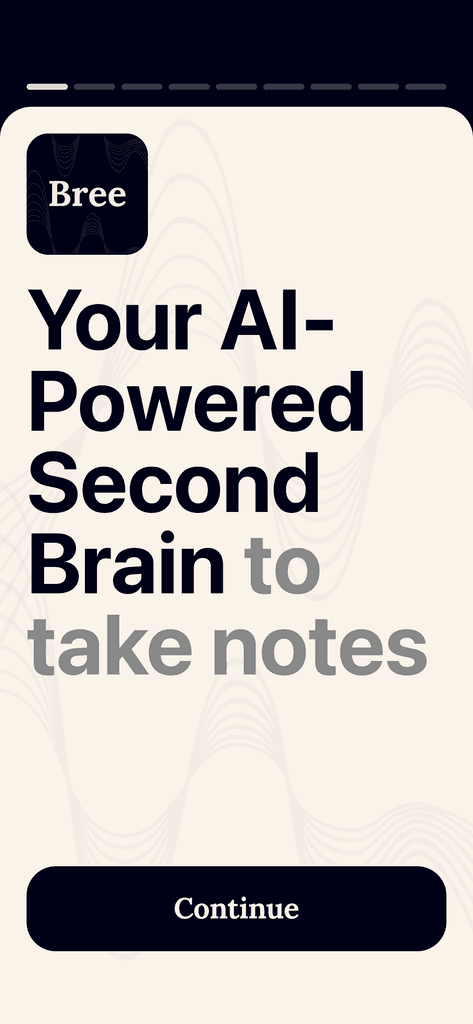Summary: Introduction to CS224 Advanced Algorithms by Jelani Nelson
This lecture introduces CS224: Advanced Algorithms at Harvard, covering logistics, course structure, grading, and a preview of the algorithmic topics. Below is a breakdown:
Course Logistics:
Instructor: Jelani Nelson
Teaching Fellow (TF): Jeffrey
Contact: cs224-f14-staff@cs.harvard.edu
Website & Mailing List: Students must join the mailing list via the course website.Grading Components:
Scribing (10%): Students take notes for lectures using LaTeX. Scribe notes are due the next day by 9 PM.
Problem Sets (PSETs) (60%): Submitted via email, with page limits to encourage concise solutions.
Final Project (30%): Proposal due October 30, with the final submission on the last day of the reading period.
Scribing & Grading:
Students may take turns scribing or grading based on class size. Slots are assigned on a first-come, first-served basis.
Course Content and Goals:
Focus on Algorithm Design & Analysis:
This course emphasizes theory and problem-solving, without programming assignments (except for optional final project implementations).
Key goal: Improve students' ability to analyze algorithms and explore new models.
Building on Prior Courses:
Compared to CS124, this course delves deeper into algorithmic theory, efficiency models, and advanced data structures.
Lecture Preview: Van Emde Boas Trees & Fusion Trees:
Van Emde Boas (VEB) Trees:
A recursive data structure for handling predecessor queries efficiently.
Performance:
Query time: O(loglogU)O(\log \log U)O(loglogU)
Space: O(U)O(U)O(U) (reduced to linear using hash tables)
Key Concepts:
Divide data into clusters using bitwise operations for fast lookups.
Store minimum and maximum values separately to optimize insertion times.
Fusion Trees:
Advanced data structure achieving faster queries with sub-logarithmic performance.
Logarithmic-space BSTs with integer arithmetic help outperform traditional comparison-based sorting.
Word RAM Model:
Algorithms are analyzed in the Word RAM model, which uses bitwise operations beyond simple comparisons, enabling faster sorting.
Advanced Topics:
Comparison vs. Non-Comparison Based Sorting:
Non-comparison-based algorithms can outperform O(nlogn)O(n \log n)O(nlogn) under specific assumptions.Predecessor Problem:
Efficiently solving dynamic and static predecessor queries using VEB trees and hash tables.Space Optimization:
Reducing space from UUU to nlogwn \log wnlogw through Y-Fast Tries.
Takeaways:
Linear Space Solutions: Hashing and dictionary structures are used to reduce space usage.
Future Topics:
Fusion Trees and lower-bound analysis will be discussed in the next lecture.
Exploration of randomized and deterministic sorting techniques beyond traditional algorithms.
Next Steps:
Students will dive into fusion trees next class.
Class ends with reminders about scribe duties and sign-up logistics.
This lecture lays the foundation for advanced data structures and algorithmic models, preparing students to explore state-of-the-art techniques beyond basic algorithms.


